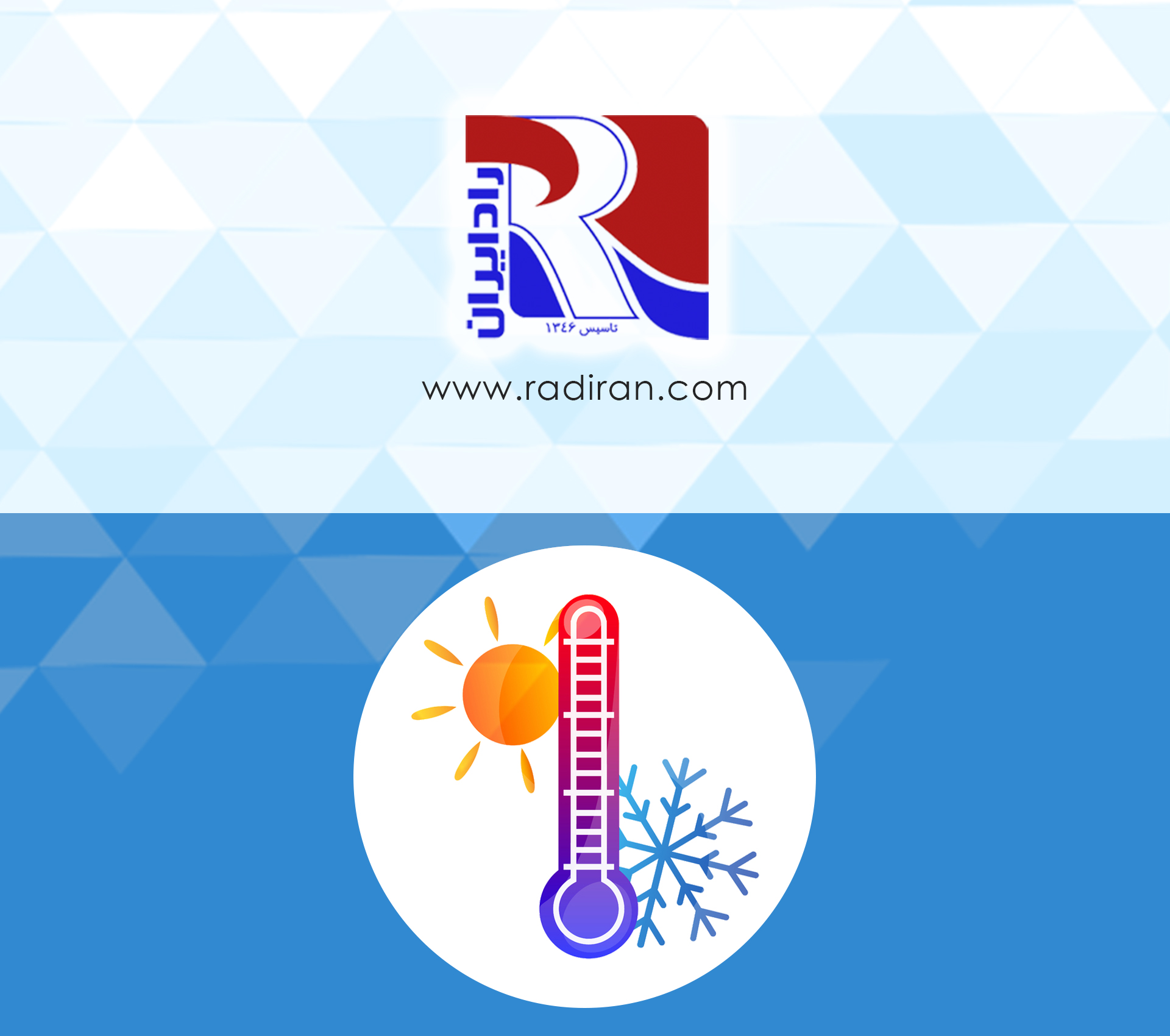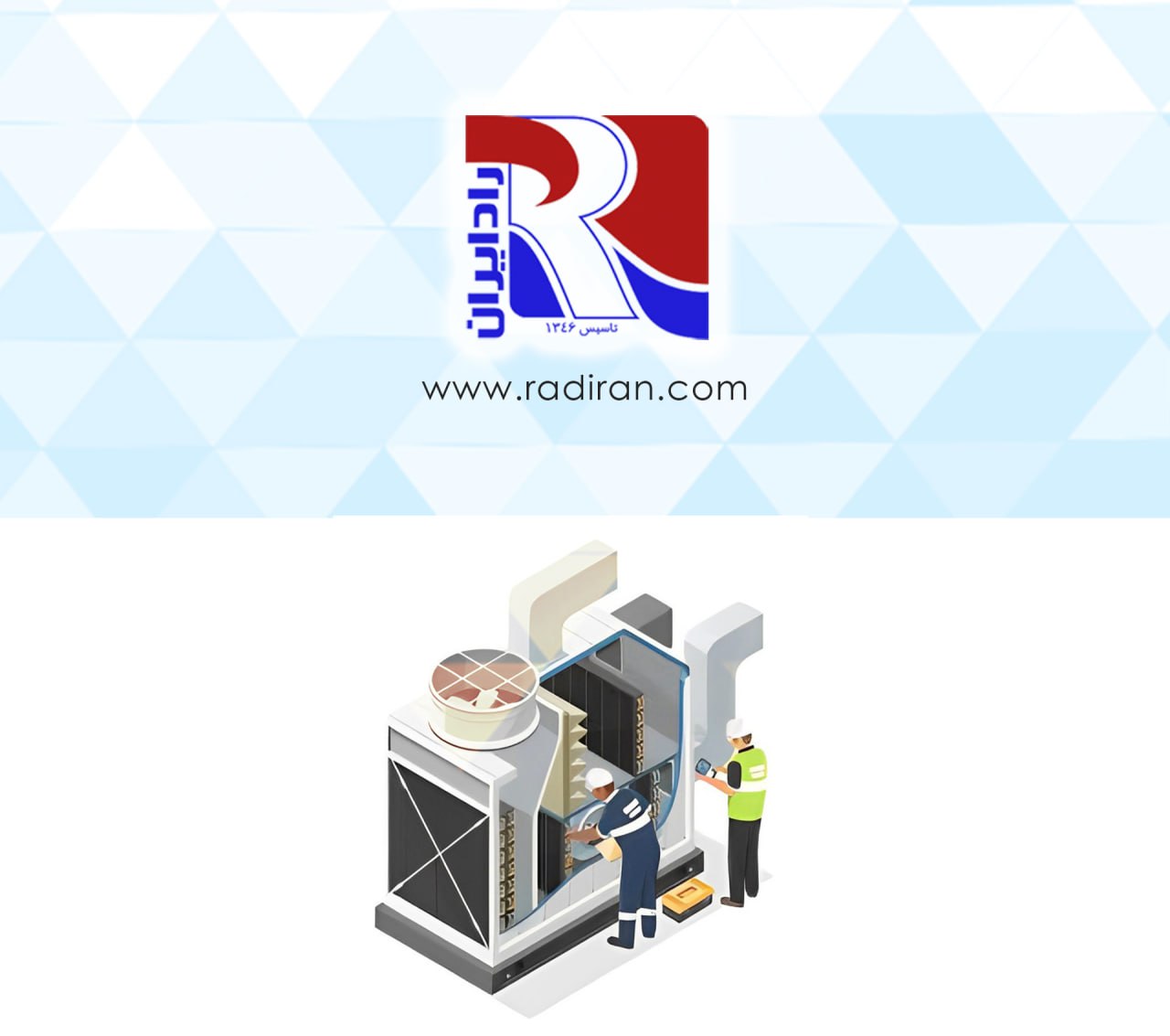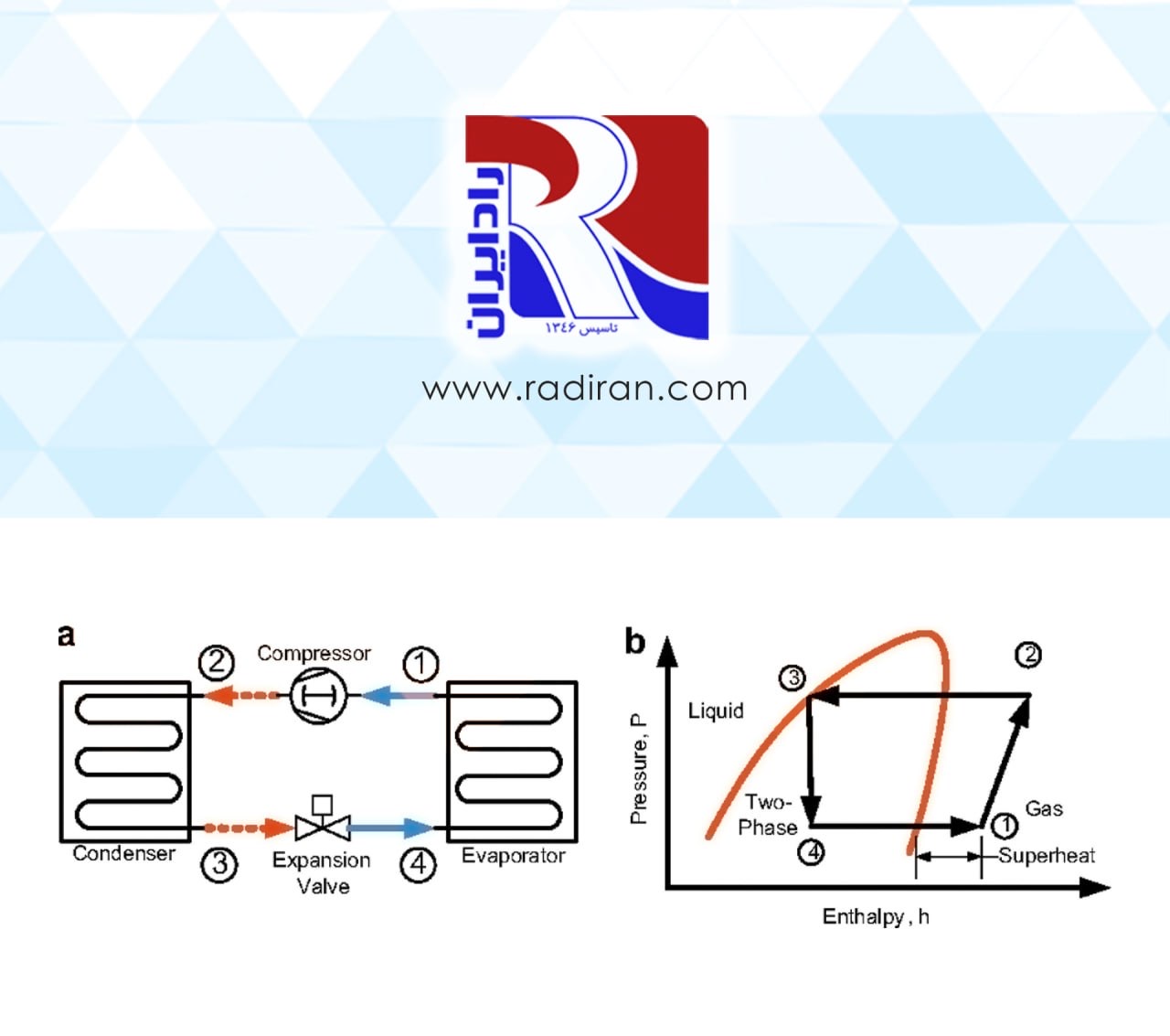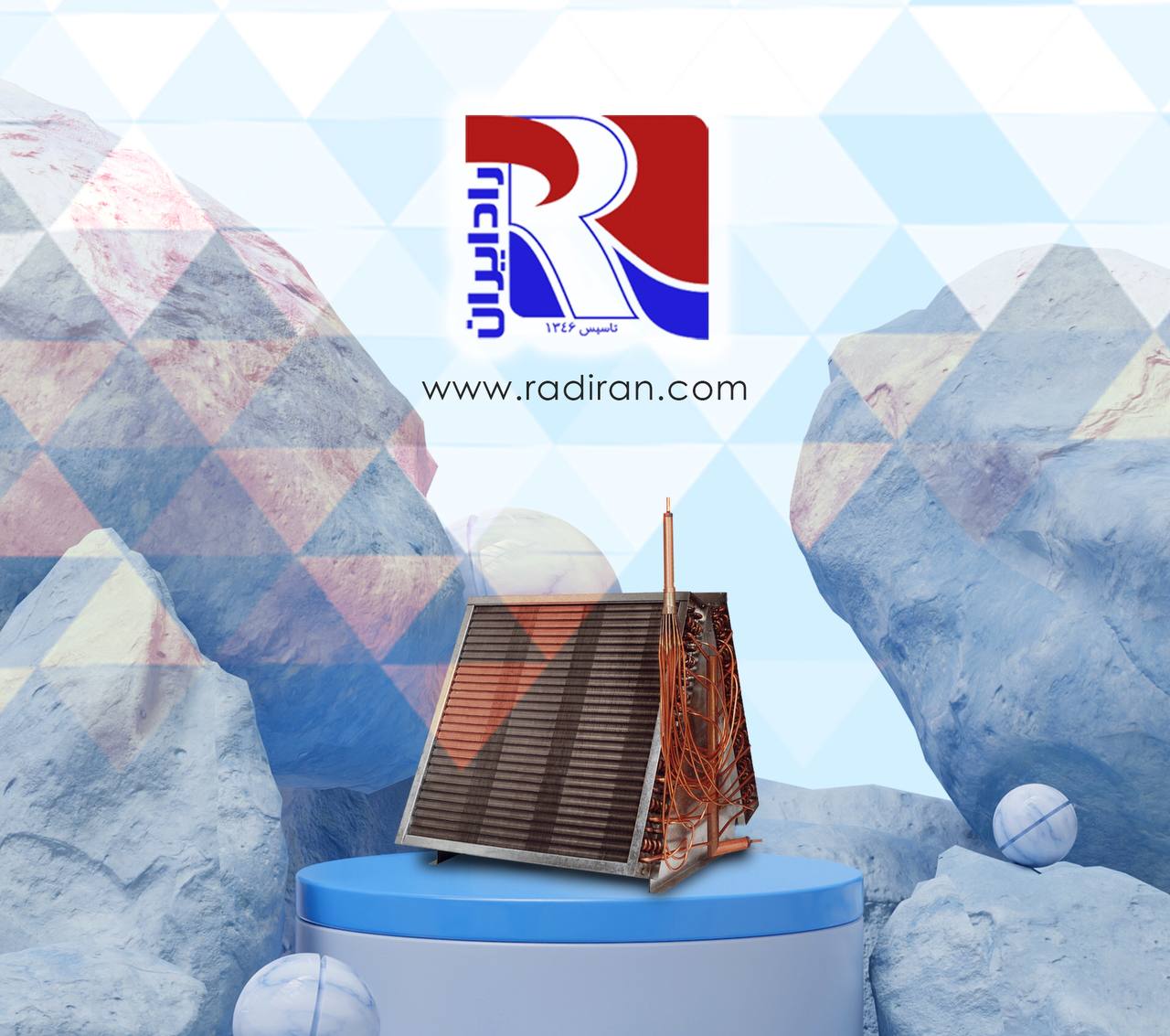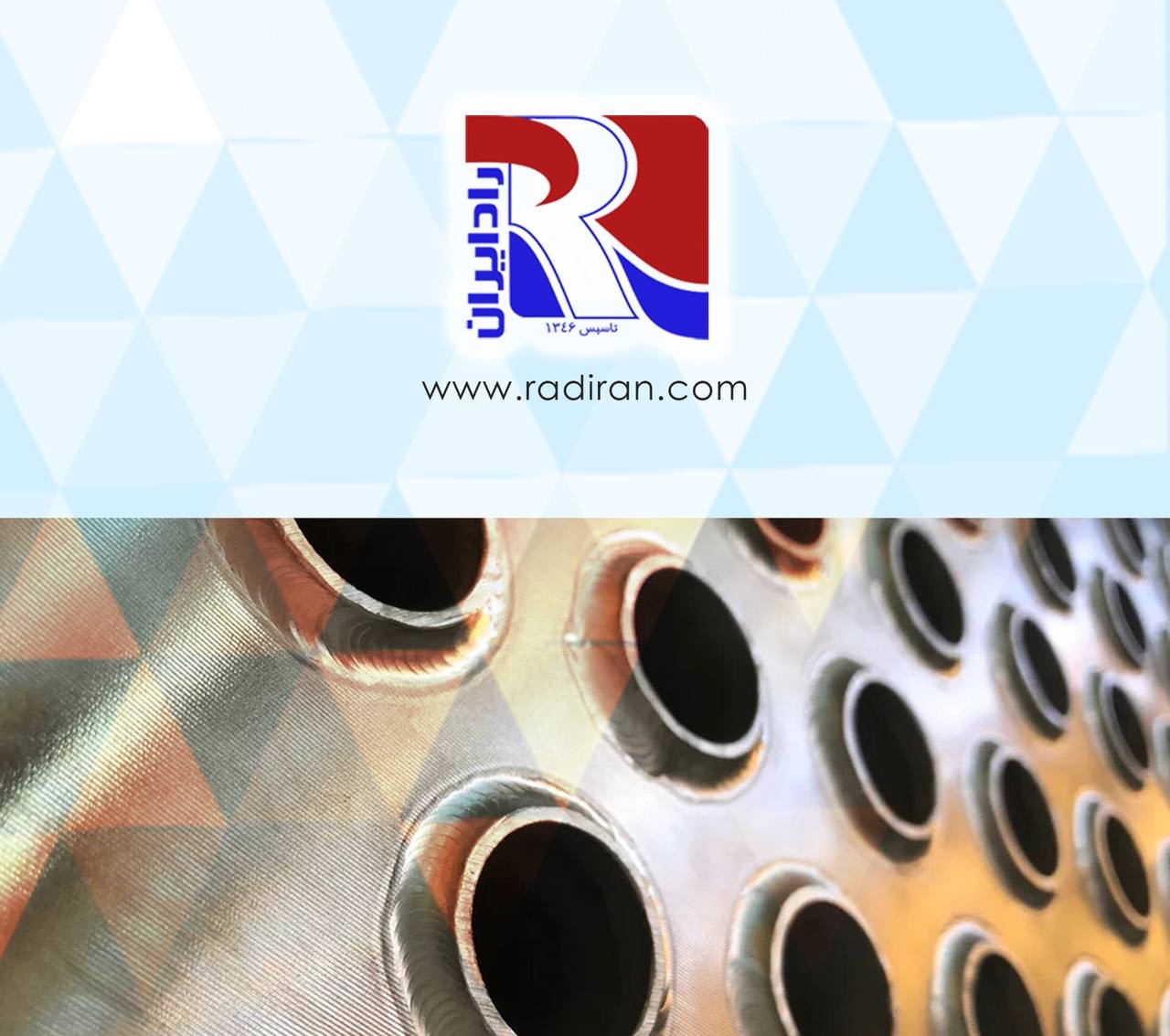Everything you need to know about refrigeration evaporators Part 1
Refrigeration evaporators play a fundamental role in any refrigeration or freezing system, whether incorporated in a compact system or as a stand-alone unit. But do you really know what an evaporator is or how it works? What is a refrigeration evaporator and what is it used for? In refrigeration, an evaporator is the heat exchanger where the refrigerant circulating inside the refrigeration circuit absorbs the thermal energy from the environment, which is then cooled. This is how the state of the refrigerant...

